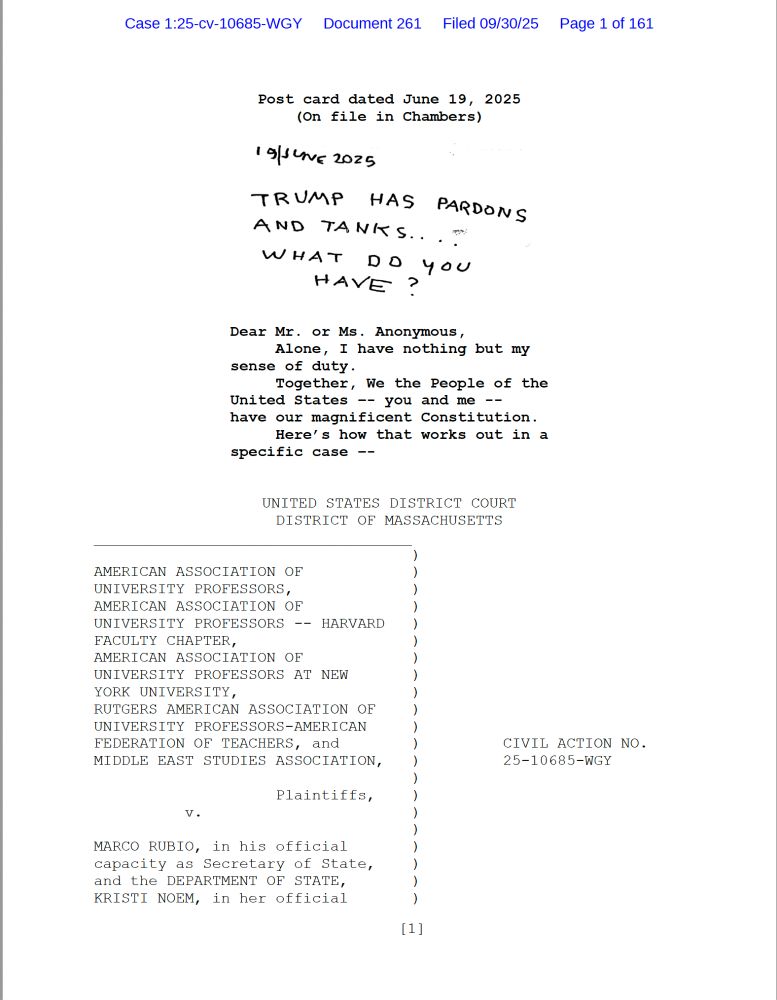

www.theguardian.com/business/202...

www.theguardian.com/business/202...
rozenberg.substack.com/p/asking-abo...

www.bbc.com/news/article...

www.bbc.com/news/article...


www.bbc.co.uk/news/article...

www.bbc.co.uk/news/article...
www.mylondon.news/news/north-l...

www.mylondon.news/news/north-l...
"Tax the rich", "the money is there its just being hidden", "Tufton Steet!!!!!"
So kudos to the Policy Exchange for a serious-minded report proposing spending cuts taking the size of the state down to where it was before the pandemic.

"Tax the rich", "the money is there its just being hidden", "Tufton Steet!!!!!"
It may be that supply restrictions (s106, impact studies the length of war and peace) mean the homes cannot be sold profitably. But that is all the same problem.

It may be that supply restrictions (s106, impact studies the length of war and peace) mean the homes cannot be sold profitably. But that is all the same problem.
There is a danger zone - pensioners, petrol car drivers, small biz - but also a lot of soft targets: banks, gambling companies, oil and gas, landlords etc.
[graph 8]

There is a danger zone - pensioners, petrol car drivers, small biz - but also a lot of soft targets: banks, gambling companies, oil and gas, landlords etc.
[graph 8]

It doesn’t sound like Lab is actually going to do this, just Lib Dems being Lib Dems, but what an unconscionable fucking policy.

It doesn’t sound like Lab is actually going to do this, just Lib Dems being Lib Dems, but what an unconscionable fucking policy.
The council is rolling back Thatcher’s flagship policy by buying stock from private landlords.”
www.theguardian.com/society/2025...

www.itv.com/news/central...
www.itv.com/news/central...
www.lawgazette.co.uk/news/debate-...

www.lawgazette.co.uk/news/debate-...
www.bbc.co.uk/news/live/cv...

www.bbc.co.uk/news/live/cv...
www.bbc.com/news/article...

www.bbc.com/news/article...
It begins with a postcard sent to Chambers and Young's reply
card: "Trump has pardons and tanks, what do you have?"
WGY: "We the People of the United States — you and me — have our magnificent Constitution"



